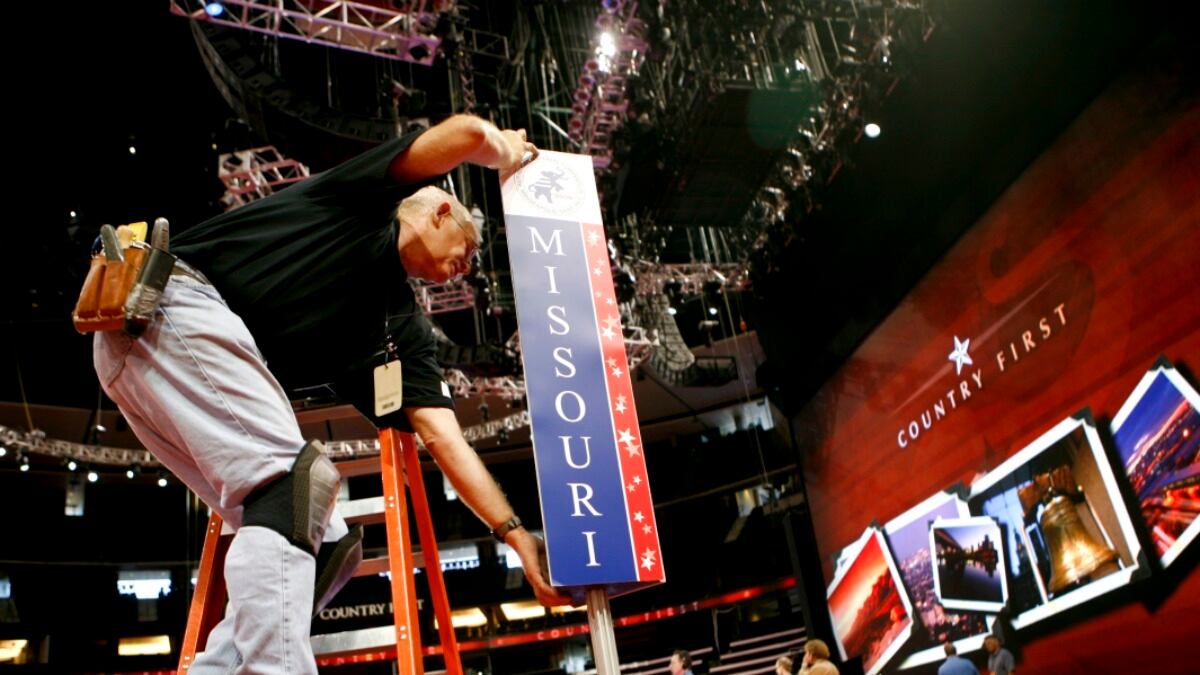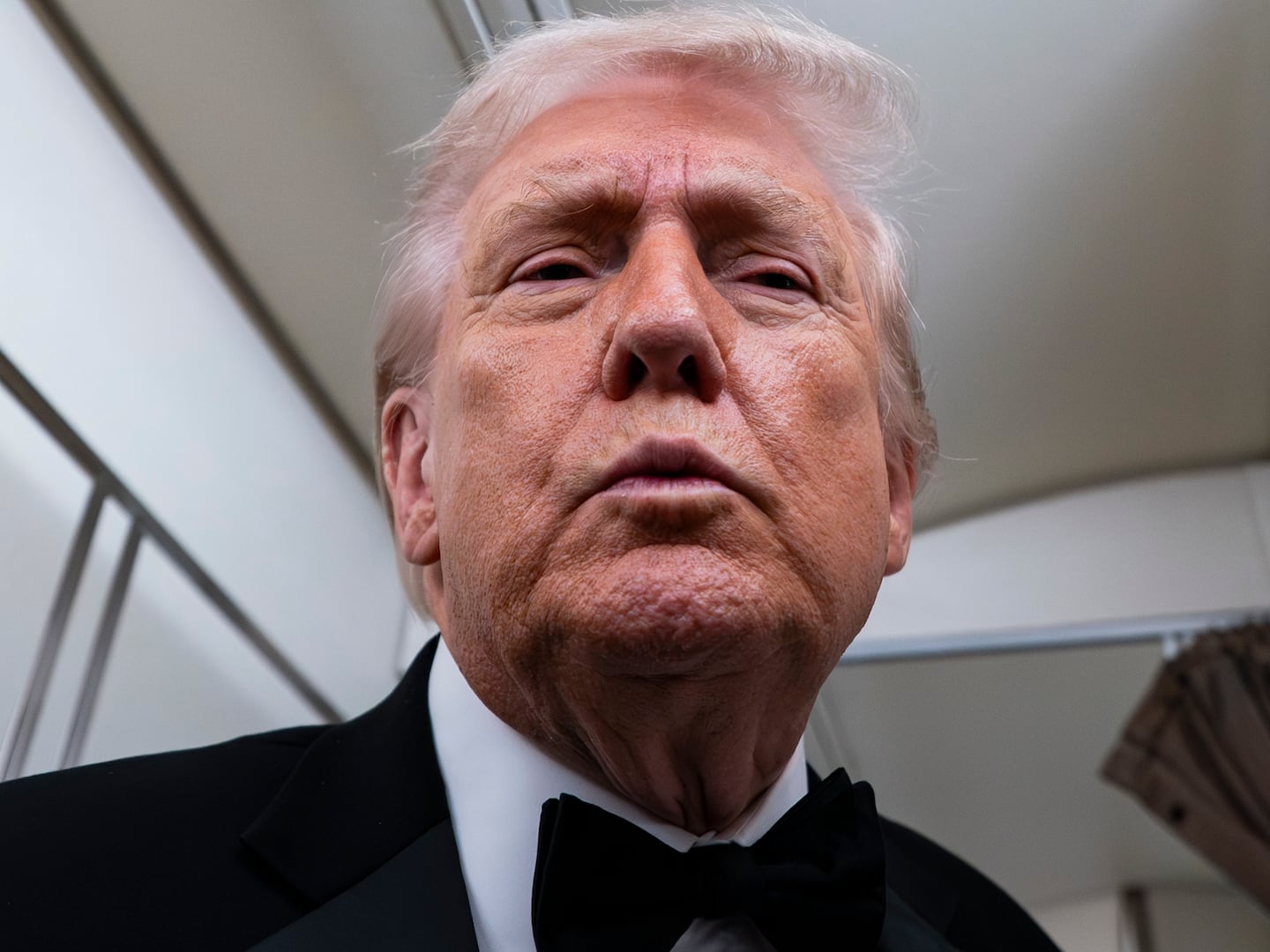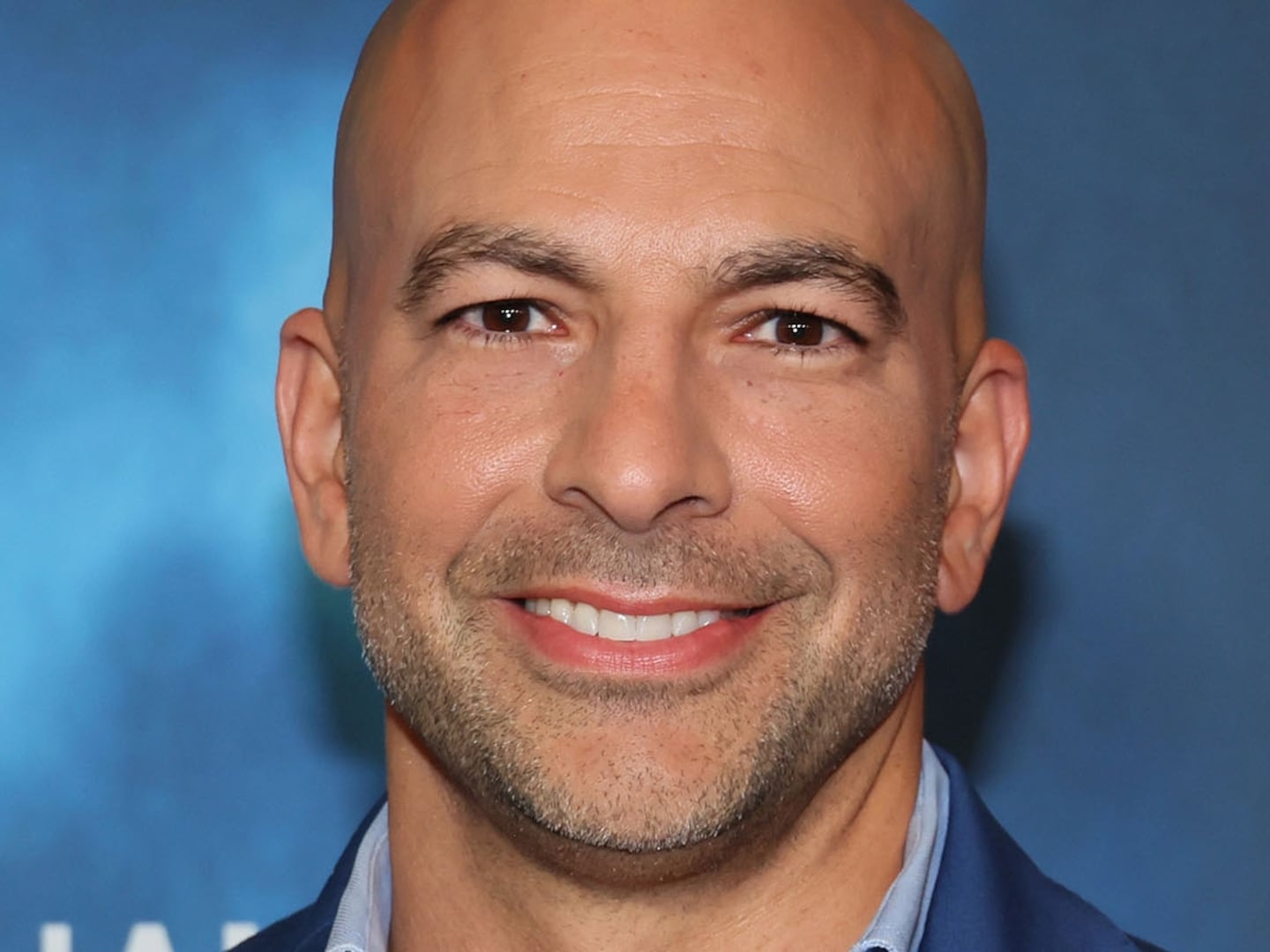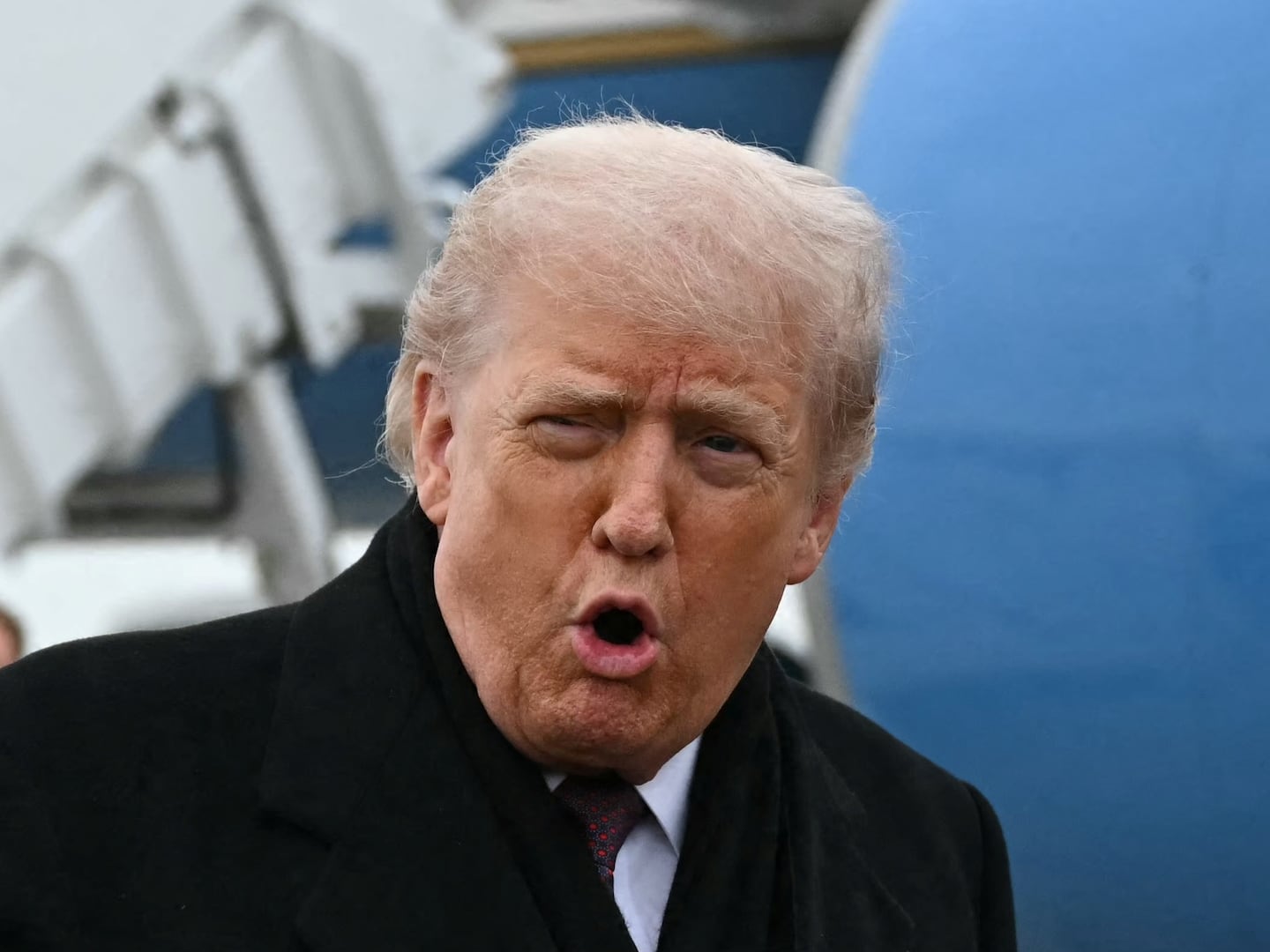
Journalists love talking about “brokered conventions.” Aaron Blake (again) dispels that fantasy in today’s Washington Post:
“While it’s become clear that many in the GOP are seeking an alternative to the prohibitive favorite, it’s also pretty clear that Romney is an acceptable alternative if and when it comes time for the party to embrace him.
A new Washington Post-ABC News poll shows 61 percent of Republicans view Romney favorably and just 18 percent view him unfavorably. That may not be as high as he or his supporters would like, but well more than a majority of Republicans say they like Romney and, it would seem to follow, would vote for him.
Romney hasn’t risen much in the polls, passing 30 percent in the Gallup national tracking poll for the first time just this week. But that doesn’t mean that the remaining two-thirds of Republicans won’t vote for him. Indeed, most of them probably would.
So there’s little reason to doubt that Romney will arrive in Tampa with a solid majority of delegates, probably an overwhelming majority of delegates.
But even in the exceedingly improbable case that Romney fell short, it would still be misleading to talk of a “brokered convention” for this powerful reason: there are no such thing as political “brokers” any more.
In the olden days, powerful local officials—governors, mayors—arrived at conventions in substantial control of blocks of delegates. The delegates were chosen by local powerholders and were often beholden to those powerholders for their jobs or livelihoods. When the governor or mayor told his delegates how to vote, they saluted.
Those conditions do not obtain any more. The delegates arriving in Tampa will have been elected by a democratic process. Who will have the clout to order a delegate elected on a Santorum slate that the time has come to switch to Jeb Bush? Nobody. A non-majority convention would be a venue in which individual delegates would feel themselves empowered to make their own decisions. They may be influenced by local business leaders or by Fox News or by a call from, say, former President Bush. Or they may not.
But if a handful of party leaders gather in some hotel room and agree amongst themselves on a candidate, the question will be: who will make the delegates listen? Nobody.






